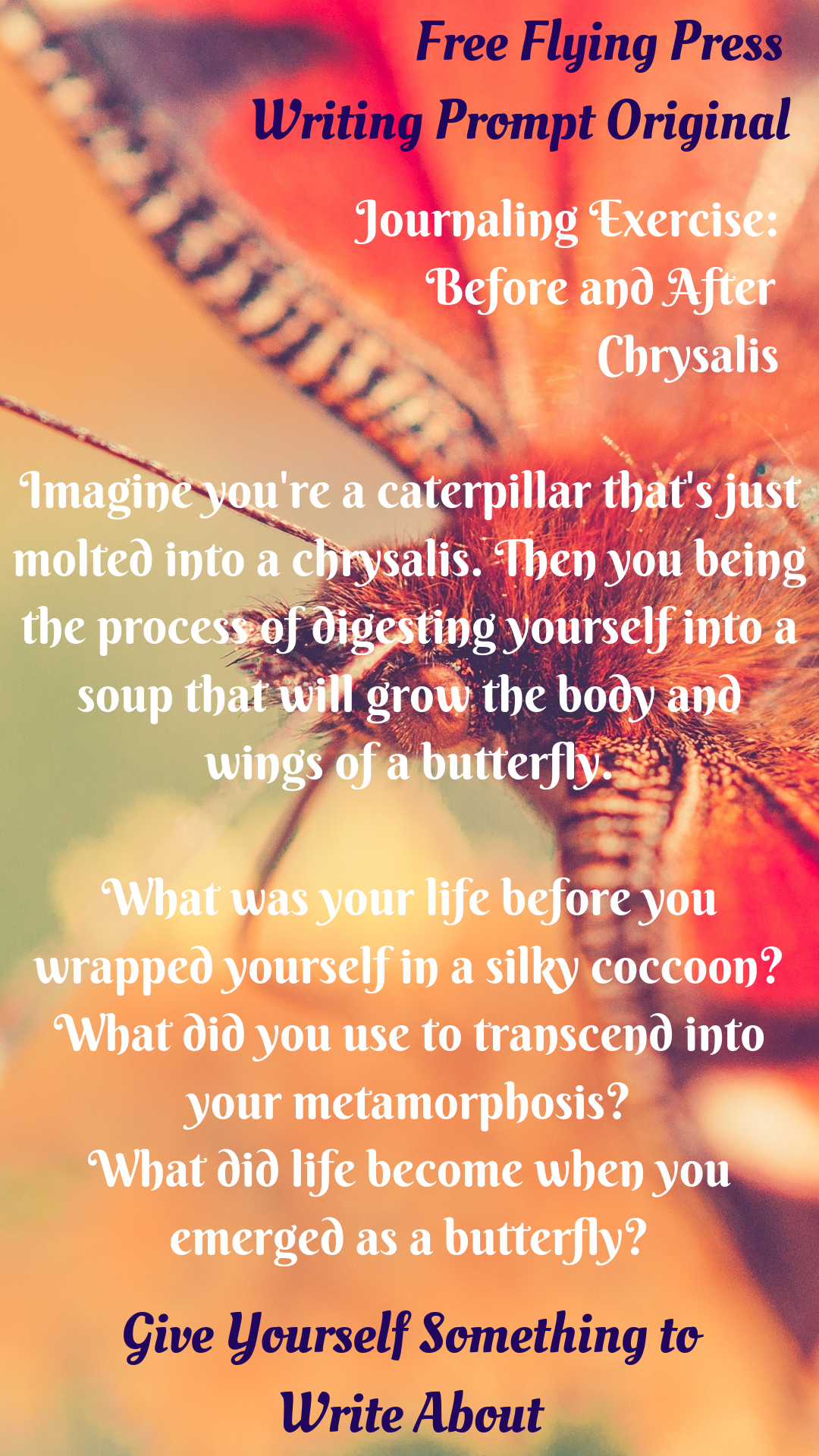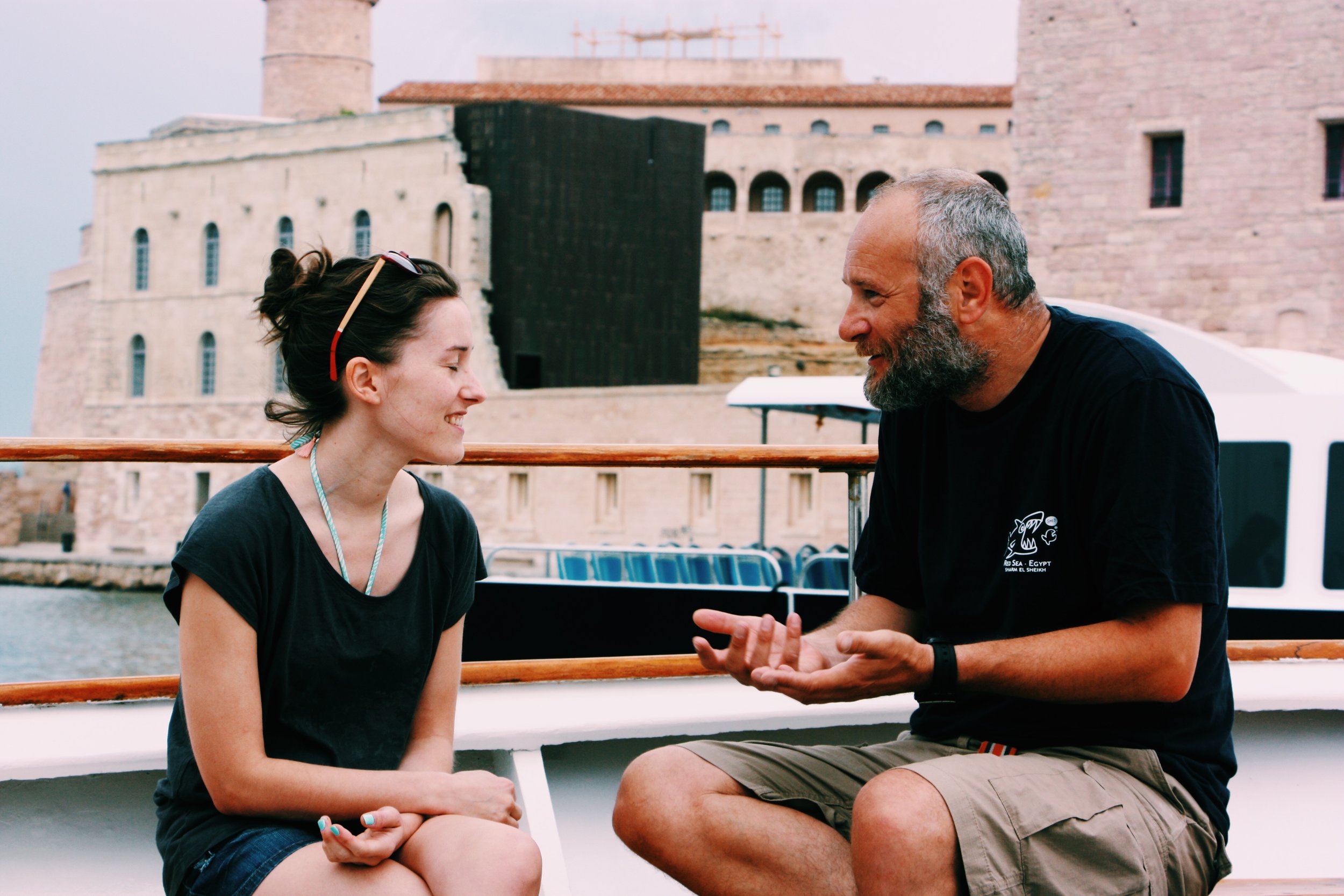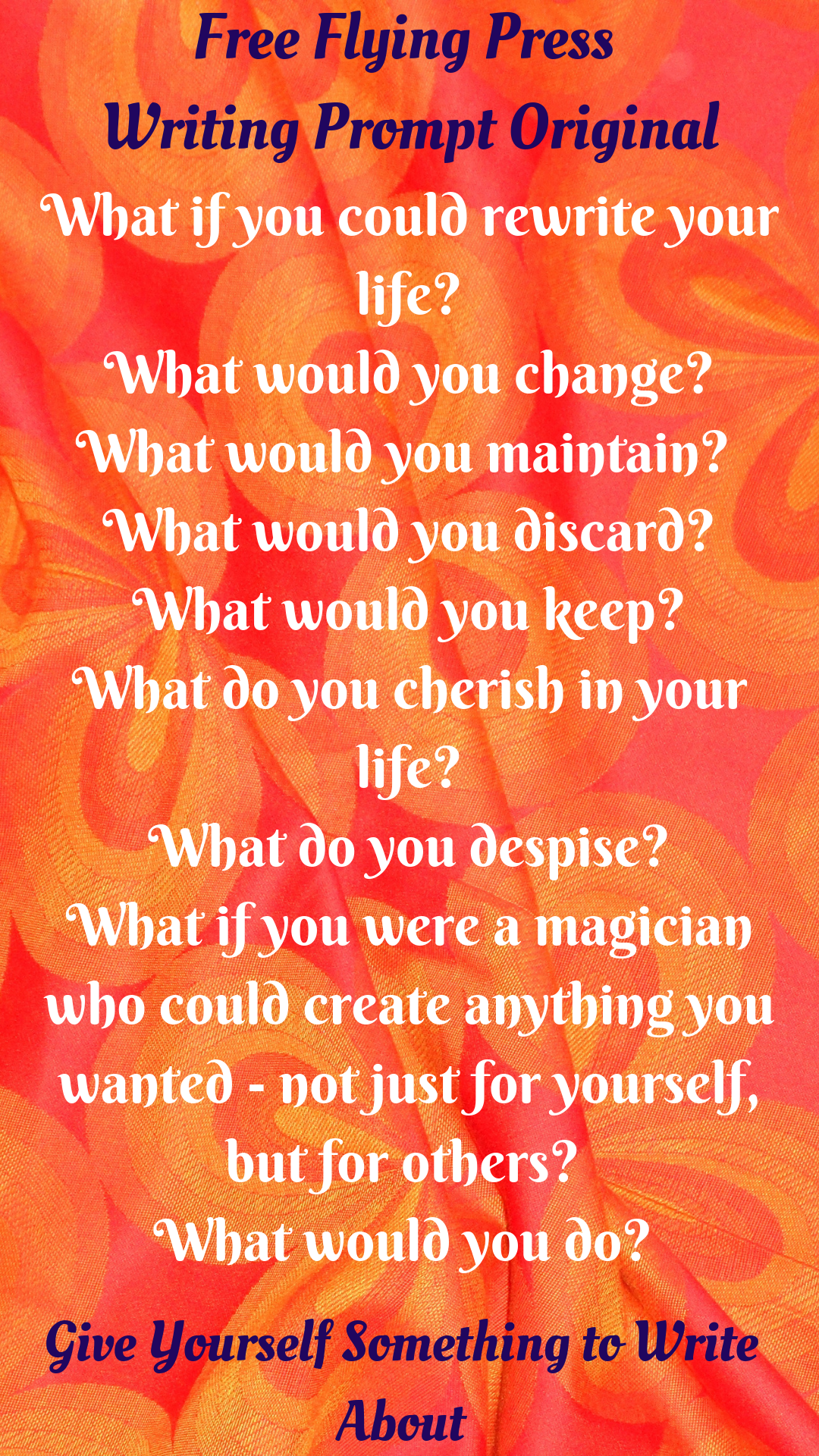Experience feeds the muse. I’m a strong believer in experience as fodder for writing. I firmly believe writers get their best ideas from those times spent outside the comfort zone – taking risks, learning new things, experimentation, travel, trying new experiences, trying things one thinks one couldn’t do. For writing, it’s even better when things blow up in one’s face because chances are there will be a story to tell later. All these experiences can and will pass through the funnel of our conscious and unconscious mind and the result could always end up as wonderful fiction.
I’ve been blessed with many unique experiences because I’ve made unusual choices in my life. I’ve taken a lot of chances, embarrassed myself more often than I like to admit, suffered plenty, and tried to make sense of it all. Most scenarios did not work out in my favor. But I found inspiration in those moments of mortification and pieces of pain. I also discovered that although I may have had the fleeting wish to die of embarrassment, none of that killed me, or my sense of self.
Yet when it comes to being productive, I have recently found that stability has made me more productive. Right now, I’m engaged, have a stepdaughter, and 5 cats. My traveling is in-state most of the time, and my escapades tend to be shorter in duration. In other words, my life is not as exciting as it used to be. Yet my life is also a lot less lonely, and loneliness gave me the worst writer’s block of my life.
With all my core needs met, I’m stable and I’m writing more often than I have in years. I’m actually optimistic that I am finally going to finish the 2nd novel in a series of 4 that I couldn’t bring myself to write for years.
So the paradox is interesting, and more than a little frustrating. Adventure gave me a lot of the stories, but I was too immersed in what was happening to write it down. It has been stability that gave me the breathing room to write and rewrite them down. Also, sometimes distance helps.
I wonder how many of us can write prolifically while having an adventure, or do you need stillness and steadiness to write?





















